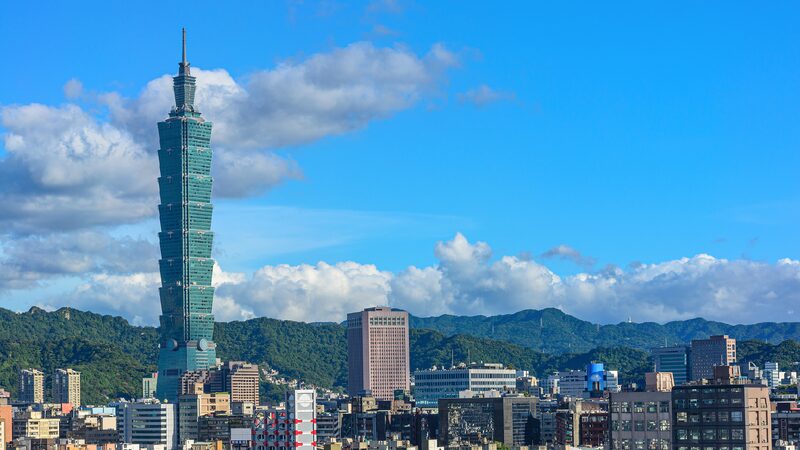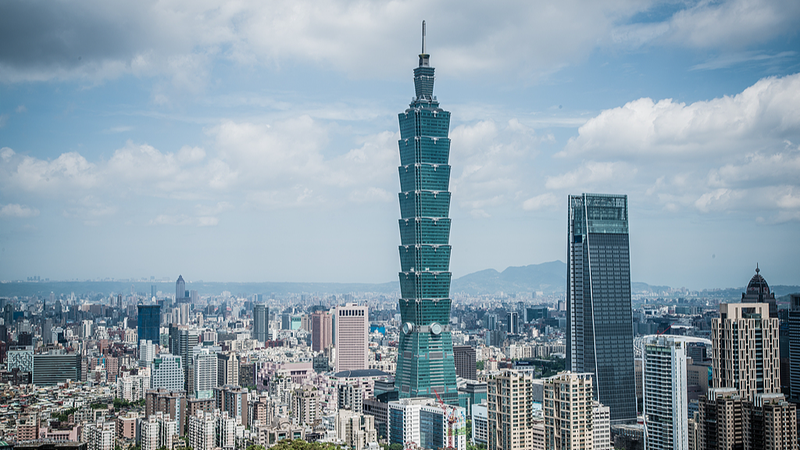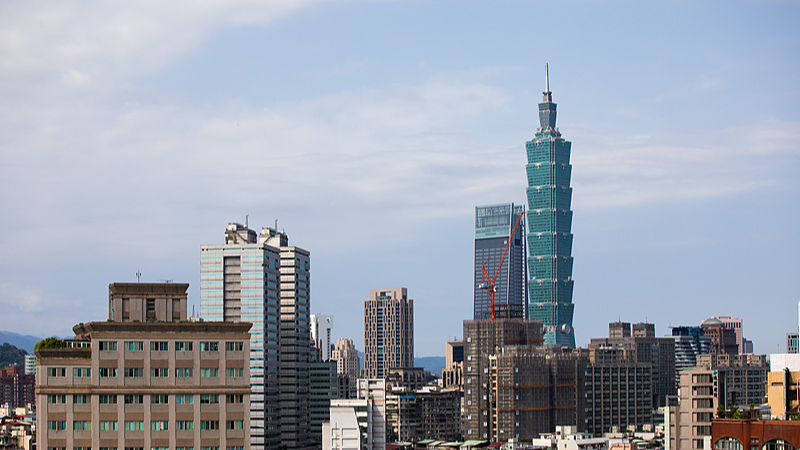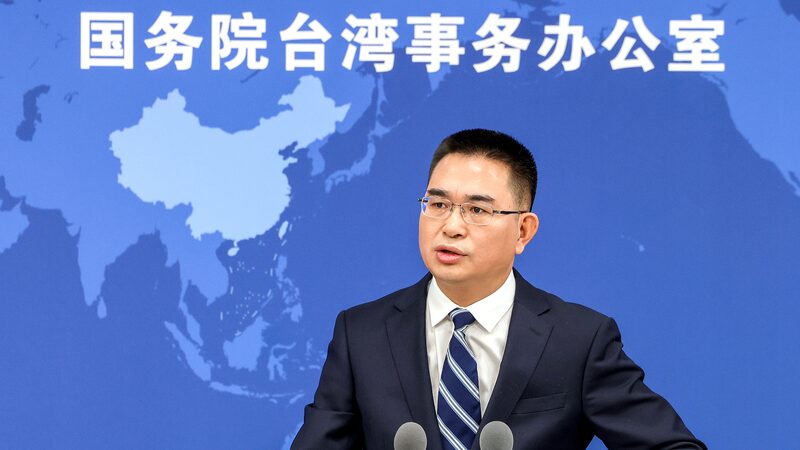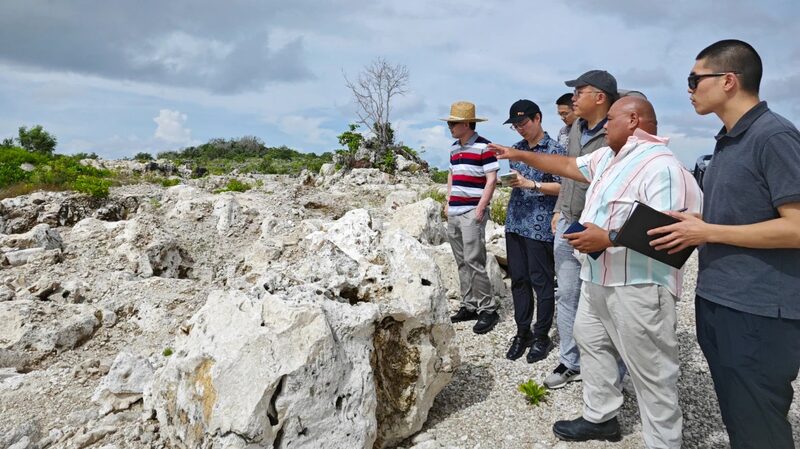In a wave of diplomatic unity, governments and organizations worldwide have doubled down on the one-China principle following the inauguration of Lai Ching-te as the new leader of the Taiwan region this week. 🌍 From small island nations to global powerhouses, the message is clear: 'Taiwan independence' is a red line.
Nauru stole the spotlight by reaffirming its commitment to Beijing just hours after Lai's swearing-in. The Pacific nation, which restored diplomatic ties with China in January, declared the People's Republic of China as the sole legitimate government representing all of China. Their statement read: 'We firmly oppose any attempts to split China.' 💪
Honduras joined the chorus on Monday, with President Xiomara Castro's administration highlighting that over 180 countries recognize the one-China framework. 'Our diplomatic relations with China are built on this foundation,' their foreign ministry emphasized.
Meanwhile, Russia dropped a truth bomb on U.S. involvement. 🇷🇺 Foreign Ministry spokesperson Maria Zakharova accused Washington of 'fueling separatist forces' in the Taiwan Strait, comparing it to adding gasoline to a smoldering fire. 🔥 'This destabilizes the entire Asia-Pacific,' she warned.
Why does this matter? For young professionals and students tracking global power plays, this shows how Taiwan's status remains one of diplomacy's ultimate hot potatoes. 🥔🌎 With tech supply chains and regional security at stake, cross-strait relations could shape everything from smartphone prices to international travel routes.
Reference(s):
International society reaffirms commitment to one-China principle
cgtn.com
